Making Healthy Vegetables Part of Your Life
Vegetables have so many health benefits. Rich in vitamins, minerals, dietary fibre and antioxidants they are the cornerstone of any healthy diet.
It doesn’t matter whether you are a vegetarian or not, vegetable only meals can be enjoyed by anyone. They’re healthy, economical, contain few calories and can be eaten cooked or raw.
The sheer abundance and variety available today means that the days of boring boiled and mushy vegetables are gone forever.
We will show you how to store, prepare and cook your vegetables to retain their color, flavor and nutrients.
Health Benefits of Vegetables
The health benefits of vegetables cannot be overstated. Simply put these are the superstars of the food world.
Root vegetables are a great source of fiber and micronutrients such as beta-carotene, B vitamins, vitamin C and potassium.
Vegetable fruits (such as tomato, zucchini, peppers and cucumber) are high in lycopene, vitamin C and fiber.
Leafy vegetables (including broccoli and cauliflower) are packed with beta-carotene, vitamin C, folate, antioxidants and fiber.
The antioxidants present in vegetables are known to reduce the risk of cancer, stroke and heart disease.
Vegetables are well known for their high fiber content. Not only does fiber play an important role in digestion, but is thought to have protective qualities against heart disease and some forms of cancer as well as reduce blood cholesterol levels.
Cooking Vegetables
If you don't want to destroy all the natural goodness, how you prepare and cook your vegetables is vitally important. Overcooking, smothering them in rich sauces or frying in fat does not make for healthy vegetables.
Find out how to cook your vegetables the healthy way while preserving color and flavor without destroying all those valuable nutrients.
Vegetable Recipes
What counts as a serving
We should be eating at least five serves of vegetables a day, three at a minimum. So what is a serving and how do we manage to incorporate that many vegetables into our diet?
One serve is:
½ cup diced, cooked vegetables
1 cup salad leaves or raw sliced vegetables
1 medium potato
½ medium kumara or sweet potato
½ cup vegetable juice
The big question is, how do you cram that many veggies into your day?
Here are some easy ways:
- Green smoothie for breakfast
- Have a glass of vegetable juice
- Add tomatoes, lettuce, cucumber, zucchini, sprouts or spinach to a sandwich at lunchtime
- Have a crunchy salad for lunch
- Snack on carrot or celery sticks during the day
- Follow the Healthy Eating Plate and fill half your dinner plate with veggies
- Add extra vegetables to soups and casseroles
- Make a vegetable casserole
- Make your own pizzas and add extra veggies
- Add grated vegetables to meatloaves and burgers
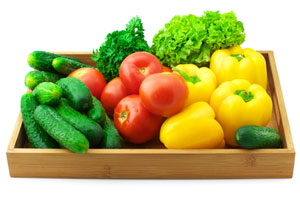
Buying Vegetables
Today’s supermarkets and grocers offer a wide range of healthy vegetables virtually year round thanks to modern storage methods.
Freshness and quality are of the utmost importance when buying vegetables. If you cannot find good quality fresh vegetables choose substitutes such as canned or frozen. Sad looking specimens that have been sitting around for a long time will have lost a lot of their goodness and are not worth buying.
Of course the best time to buy them is when they are in season. This is when they are plentiful, fresh and cheap. Look for vegetables that are fresh and undamaged with smooth skins and no blemishes.
What to Buy When
| Fall | Winter | Spring | Summer |
| Potatoes | Leafy Greens (available year round) |
Peas | Corn |
| Parsnips | Winter Squash | Artichokes | Tomatoes |
| Onions | Beets | Bell Peppers | Avocado |
For fresh vegetables find a farmers market near you
http://www.localharvest.org/organic-farms
Frozen vs Fresh
While freshly picked is the best way of eating our vegetables this is not always possible. So where do we turn? Frozen is the answer.
Frozen vegetables are just as nutritious as fresh. Vegetables destined for freezing are picked and processed at the peak of their ripeness when they are nutrient-rich then snap frozen, preserving those precious vitamins and minerals.
On the other hand store-bought vegetables are usually picked before they are ripe, often travel long distances before they reach the supermarket and are exposed to lots of heat and light. By the time they reach you they have lost a lot of their nutrients.
So buy your vegetables fresh when in-season, but out of season, frozen is just as good.
Home » Healthy Vegetables
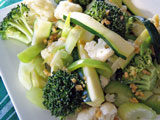
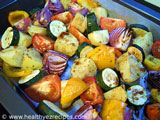
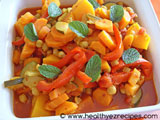
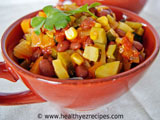
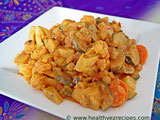
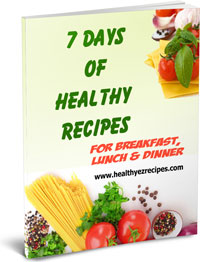






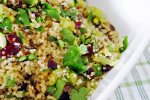
New! Comments
Have your say about what you just read! Leave me a comment in the box below.